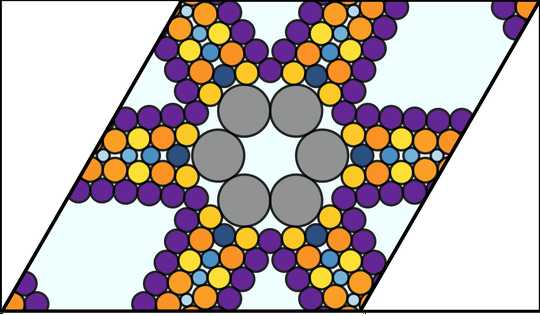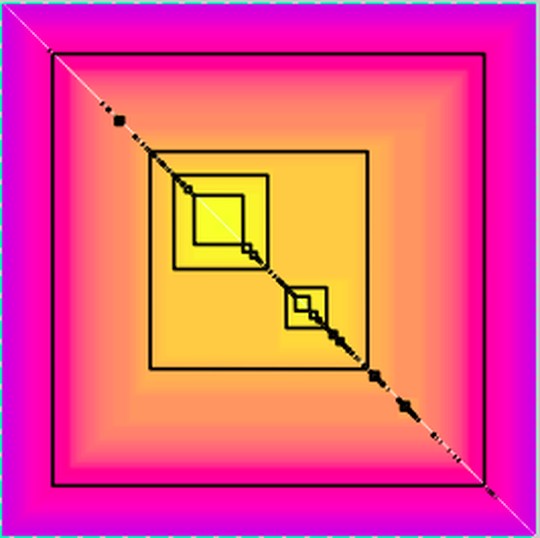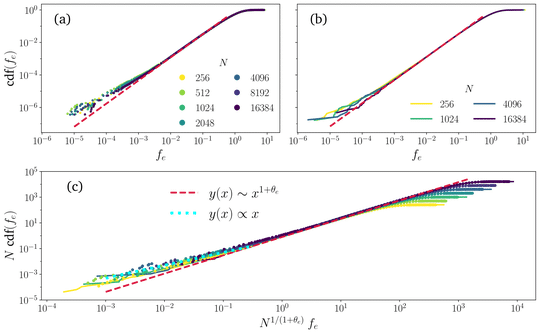Cam Dennis
Soft Condensed Matter Physics PhD Student
University of Oregon
Biography
Cam Dennis is a student currently working toward his PhD at the University of Oregon in Eric Corwin’s lab. As the senior graduate student in this lab, Cam spends much of his time persuing many projects and research directions in the fields of glasses, jamming, and non-equilibrium thermodynamics. The idea of cracking the glass problem is at the root of most of his research endeavors and he boasts progress in meeting that goal.
When he is not working on research puzzles, Cam enjoys solving and creating puzzles, such as sudoku, for leisure. He is also an aquarist and avid rock climbing enthusiast.
Interests
- Simulations
- Glasses and Nonequilibrium Thermodynamics
- Jamming and Soft Spheres
Education
PhD in Physics, 2016-Present
University of Oregon
BA in Physics, 2012-2016
Wabash College (Indiana)
BA in Mathematics, 2012-2016
Wabash College (Indiana)


